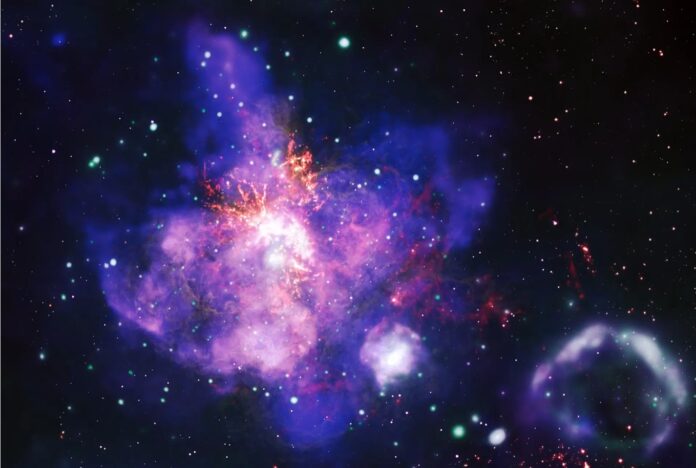
From propulsion research to new power systems, the congressman from the Last Frontier wants to make sure Alaska is ready for the Final Frontier.
That’s the intent of Congressman Nick Begich’s most recent bill to ensure two government agencies — NASA and the Department of Energy — are working together on mission-critical energy technology.
Begich introduced the “DOE and NASA Interagency Research Coordination Act,” which will be of particular interest to scientists and energy researchers.
“For decades, the Department of Energy has played a pivotal role in supporting NASA’s mission—powering our spacecraft, developing advanced propulsion technologies, and enabling America’s dominance in space,” said Congressman Begich. “By formally establishing this partnership in federal statute, we can strengthen research collaboration, provide necessary congressional oversight, and ensure that the United States remains the global leader in space exploration and energy innovation.”
The Energy Department and NASA have indeed collaborated through time, with DOE and its predecessor, the Atomic Energy Commission, making significant contributions to America’s space program at NASA.
The development of systems that powered the Apollo missions and more than two dozen other space expeditions are an example of how Energy Department can work to advance space exploration. The agencies work together on cutting-edge technologies such as nuclear thermal propulsion systems and fission surface power technologies — critical components for future missions.
But there’s room for improvement to make sure agencies are not working on the same thing without coordinating their efforts.
The legislation would establish a structured and efficient research relationship between the two departments, which will help Congress direct resources toward groundbreaking technological advancements.
The bipartisan legislation is co-sponsored by Congressman George Whitesides (D-CA), who is a former NASA employee.
One thing the bill does not do is authorize additional spending. It mandates that DOE and NASA operate within their existing budgets and that both agencies submit a comprehensive report to Congress within two years of enactment, outlining how structured collaboration is working.
The legislation has been introduced in the House of Representatives and will be referred to the House Committee on Science, Space, and Technology for further consideration. Begich is a member of that committee.